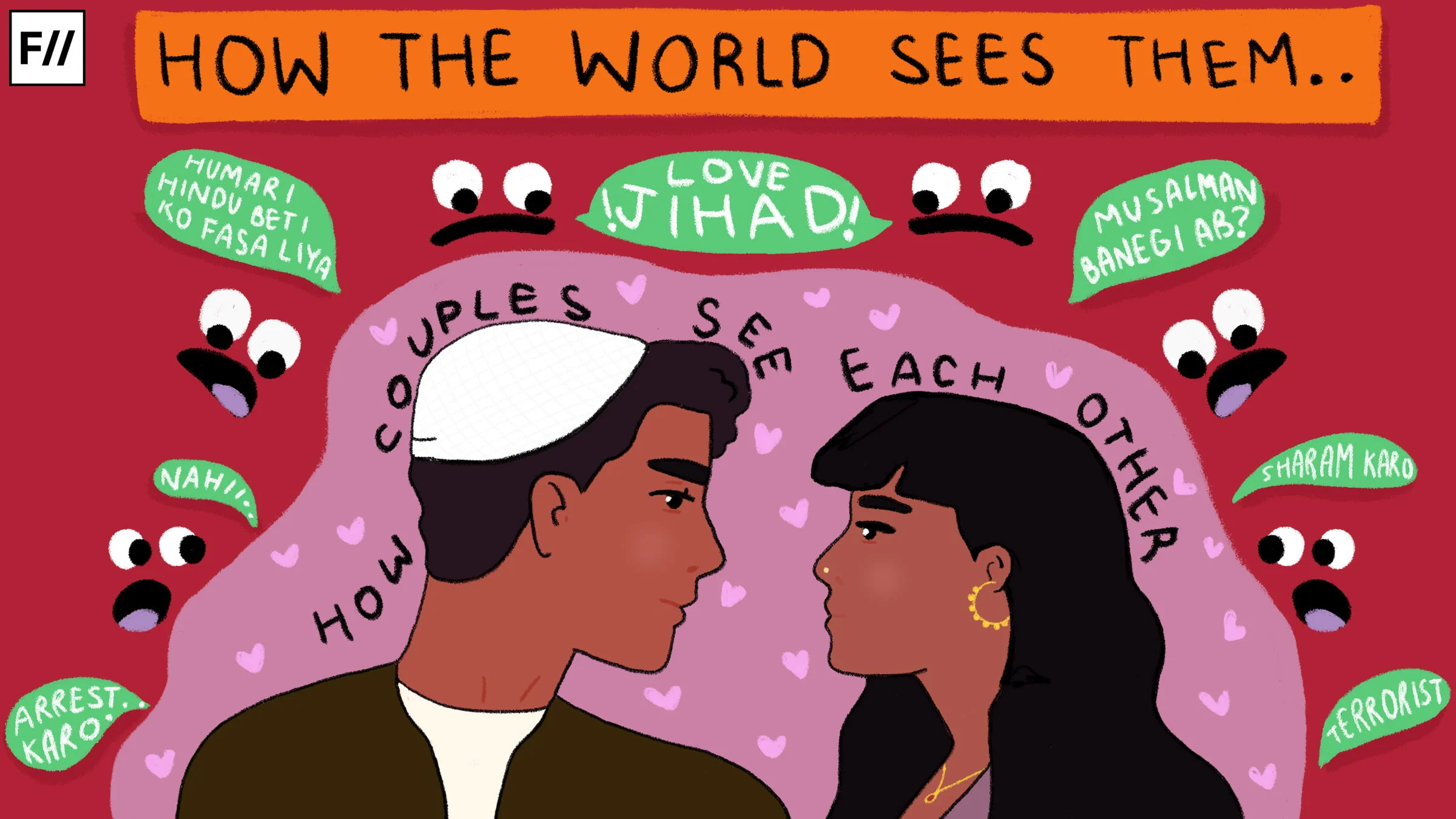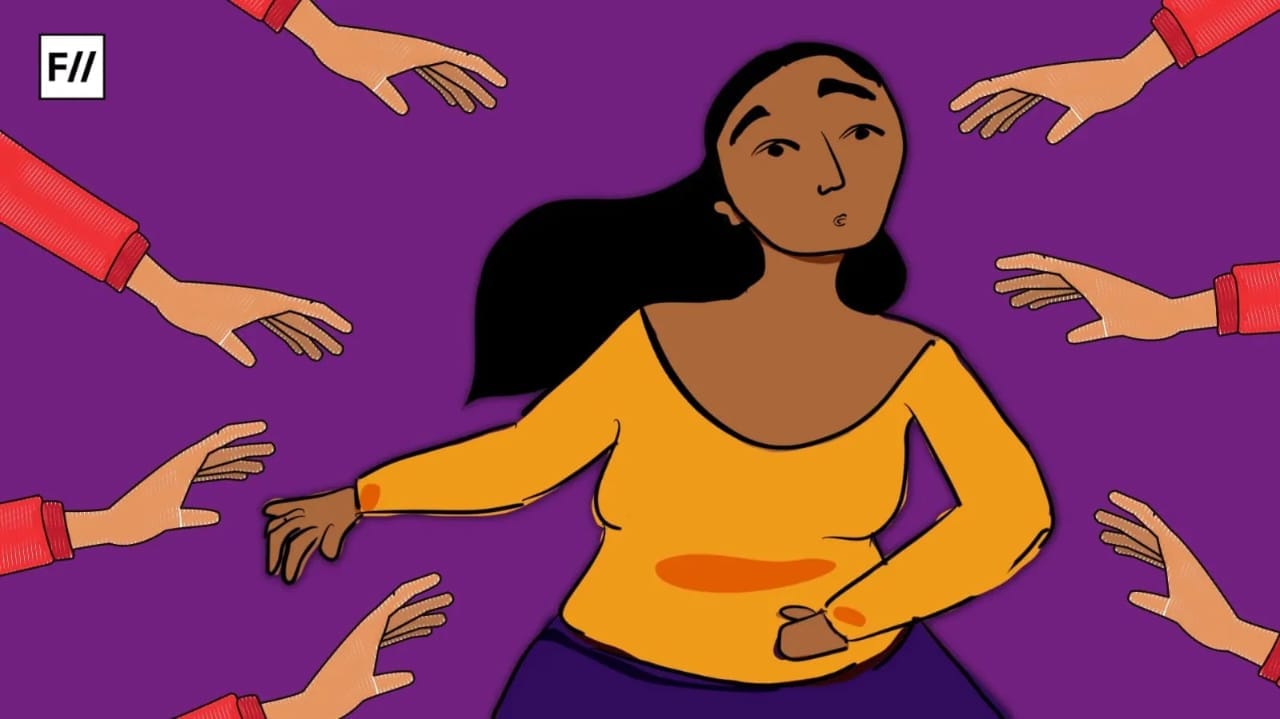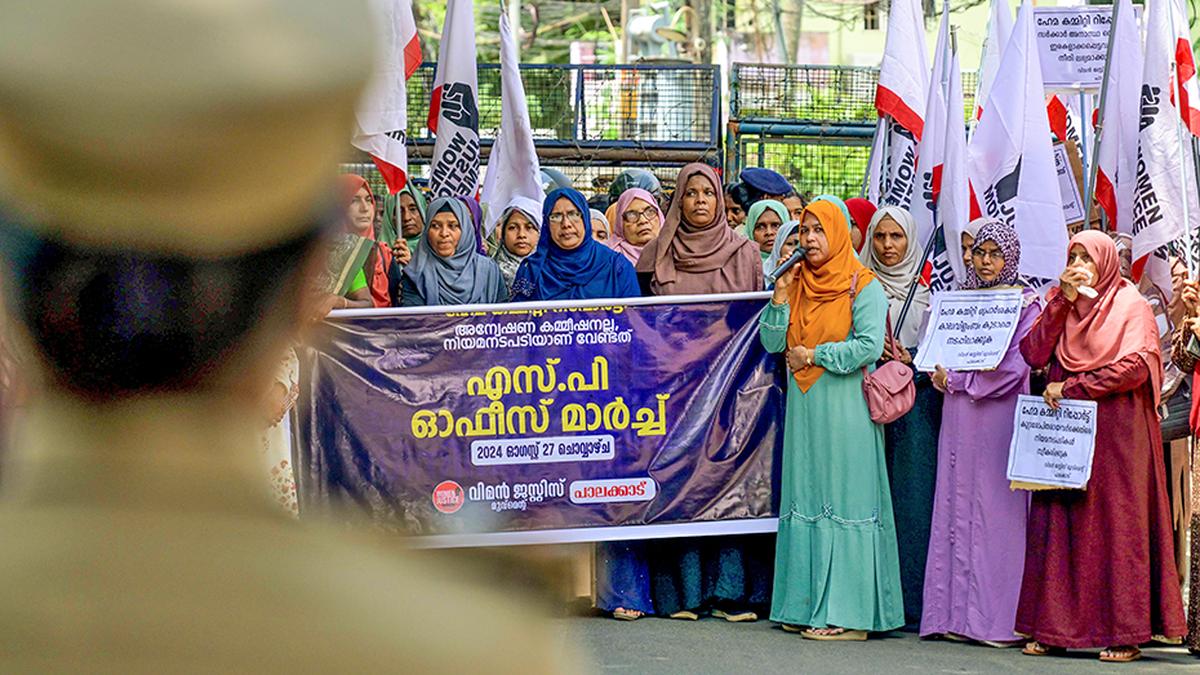On July 30th, 2021, Rakhil Raghuthaman, a 32-year old interior designer from Kannur allegedly shot Manasa Madhavan, a 24- year old BDS final year house surgency student of the Gandhi Institute of Dental Sciences, Kothamangalam, in the Ernakulam district of Kerala. Thereafter, Rakhil reportedly shot himself too. Both were rushed to the hospital, but succumbed to their injuries.
The incident took place after Rakhil shifted to Kothamangalam about a month prior and stalked Manasa, who lived in a shared apartment closer to her college. The couple was in a relationship, which she had ended earlier and Rakhil apparently hoped to reconcile with her by pursuing her repeatedly.
Manasa and Rakhil reportedly met on Instagram, and their friendship progressed into a relationship. However, Manasa broke up with him a few months ago. Soon after, Rakhil started stalking her and on 4th July, he visited Manasa’s family home in Kothamangalam to talk things out with her.
However, Manasa’s father, a Kannur traffic police home guard, contacted the police and filed a complaint against Rakhil. The police mediated the issue and warned Rakhil to maintain distance from Manasa. He agreed, but what seemed to be respect for the police warning and for Manasa’s desire to not be in a relationship with him, ended in their deaths.

Police probes are now directed towards discovering how Rakhil procured a gun. Apparently, there are records of Rakhil traveling to Bihar between 4th and 12th July, and the police suspect that Rakhil illegally procured a gun during that time.
Even as the investigation progresses, quite many news reports and social media mentions of the case uses the trope of the “jilted lover” to describe, and sometimes justify the incident. Allegedly, Manasa had been in touch with Rakhil until a month prior to the shooting.
Rakhil’s brother Rahul has gone on record to state that he knew his brother wanted to solve things with Manasa, and was finding it difficult to break up with her, causing him stress and anguish. He had moved to Kothamangalam in a supposed effort to salvage their relationship.
Rakhil’s friend Hanseeb also told the police that he knew of Rakhil’s break up because Rakhil had requested him to arrange a room for him in Kothamangalam, near her flat. He also mentioned that Rakhil was unable to make peace with his break up and wanted to talk to her in person. Both Rahul and Hanseeb suggest that they did not even have an inkling that Rakhil would take such a drastic step.
The term ‘uxoricide’ defines the killing of a woman by her partner. A large percentage of this occurs as “abandonment homicide”, denoting the killing of a woman who has left or “abandoned” her partner. Usually, this happens because the partners are afraid that these women will move on, and pursue relationships with other people
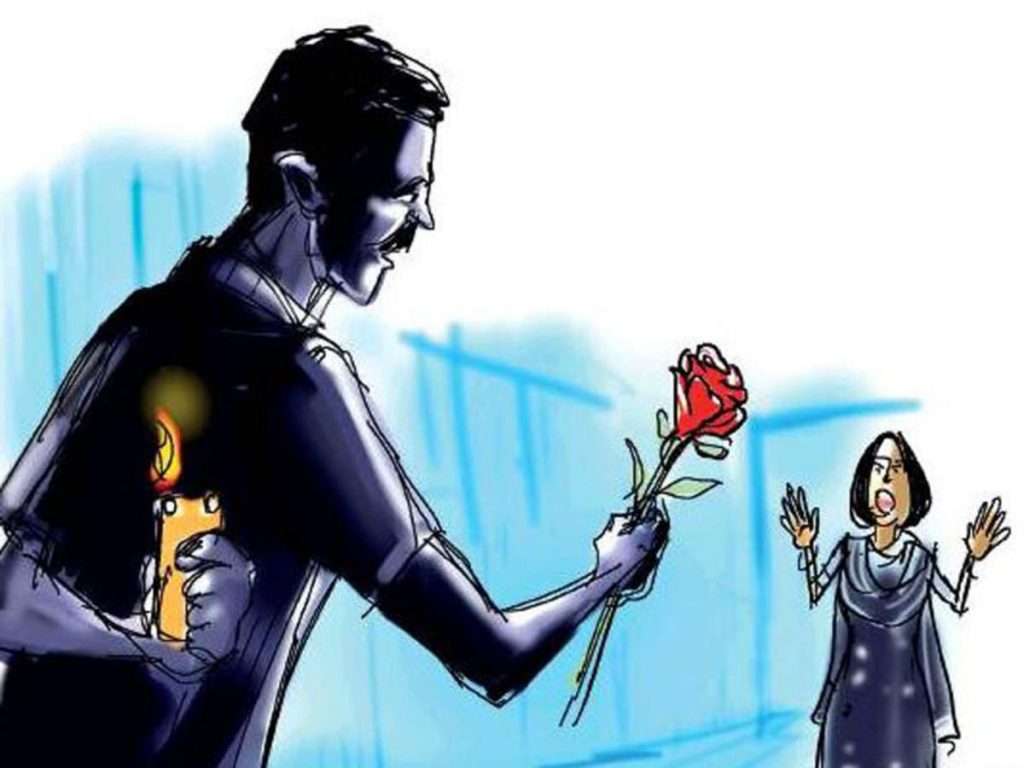
One hears narratives of “jilted” lovers attacking those they were jilted by more frequently than one would like. Stories of acid attacks by men because a woman refused to engage in a relationship, or of women being bludgeoned to death, or shot because they cheated on their lovers have made headlines for decades now.
According to a recent survey carried out by the United Nations, six women are killed every hour around the world, mostly by a member of their family, a partner or an ex-partner. This means that a total of 50,000 women are killed every year by someone they know and should be able to trust.
The cumulative effect is that this fortifies the existing patriarchal idea that women do not have the agency to choose or reject their partners, and that it is on them to not “invite” the wrath of male partners by either avoiding conflict with them, or staying clear of men at all, unless officially married by the family
The term ‘uxoricide’ defines the killing of a woman by her partner. A large percentage of this occurs as “abandonment homicide”, denoting the killing of a woman who has left or “abandoned” her partner. Usually, this happens because the partners are afraid that these women will move on, and pursue relationships with other people.
These are not new statistics. In a global status report on violence prevention conducted by the World Health Organisation (WHO) in 2013, it was estimated that 38 per cent of female homicides globally were committed by male partners, while the corresponding figure for men was 6 per cent. It also reported that “approximately one in every two homicides is committed with a firearm, and one in four with a sharp instrument such as a knife, although the mechanism of homicide varies markedly across regions.”

There also runs a popular sentiment of sympathy for the “jilted” lovers who were “pushed” to take this drastic step in the face of rejection. But if one were to review the case without any such notions, how does it matter if Manasa spoke to Rakhil less than a month before the incident?
Why is it relevant that they knew each other? One could say that that is relevant because the context of the situation and the crime is important, but the larger context here is that women often pay a very large price for the rightful choice of saying “no”. The other poignant factor in this case that is connected to their prior association is the pre-meditation of the crime.
Also read: ‘Unrequited Love’: Tackling Consent In Romance And Rejection
If, as the police suggest, Rakhil had gone to Bihar early in July to procure a gun, then the question of this being a momentary lapse in judgment, an impassioned act, ceases to remain logical. Yet, several news reports talk about Rakhil as “peaceful” guy, who only wanted to improve his relationship with Manasa, as if to suggest that he is the victim here, not her.
In addition to this problematic narrative, the Ernakulam Rural Superintendent of Police reportedly also spoke about how women should exercise caution while mingling with strangers on social media. The cumulative effect is that this fortifies the existing patriarchal idea that women do not have the agency to choose or reject their partners, and that it is on them to not “invite” the wrath of male partners by either avoiding conflict with them, or staying clear of men at all, unless officially married by the family.

It is pertinent to reiterate here, since we tend to forget, that the crime in question is not a woman’s choice to walk out of a relationship she was uncomfortable in. The crime here is her alleged murder. Walking out of a relationship, the last time we checked, is not a crime
The fact that men often get more violent when their female partners leave them is a fact that is open to statistical verification, and yet, several reports including those by Rakhil’s family strongly justify the “love” he had for Manasa and the “devastating” effect of their break-up on him.
Would this story have been different had Rakhil not shot himself? Would he then have to face consequences for his actions? The Indian society’s strained relationship with mental health may be another reason we tend to compensate by being apologetic about incidents of death by suicide. We neglect the importance of mental health counselling and the need to equip individuals with healthy mechanisms to cope with emotions like anger, loss, disappointment and the like.
Notwithstanding the fact that Rakhil took his own life as well, the alleged murder of Manasa still remains a crime.
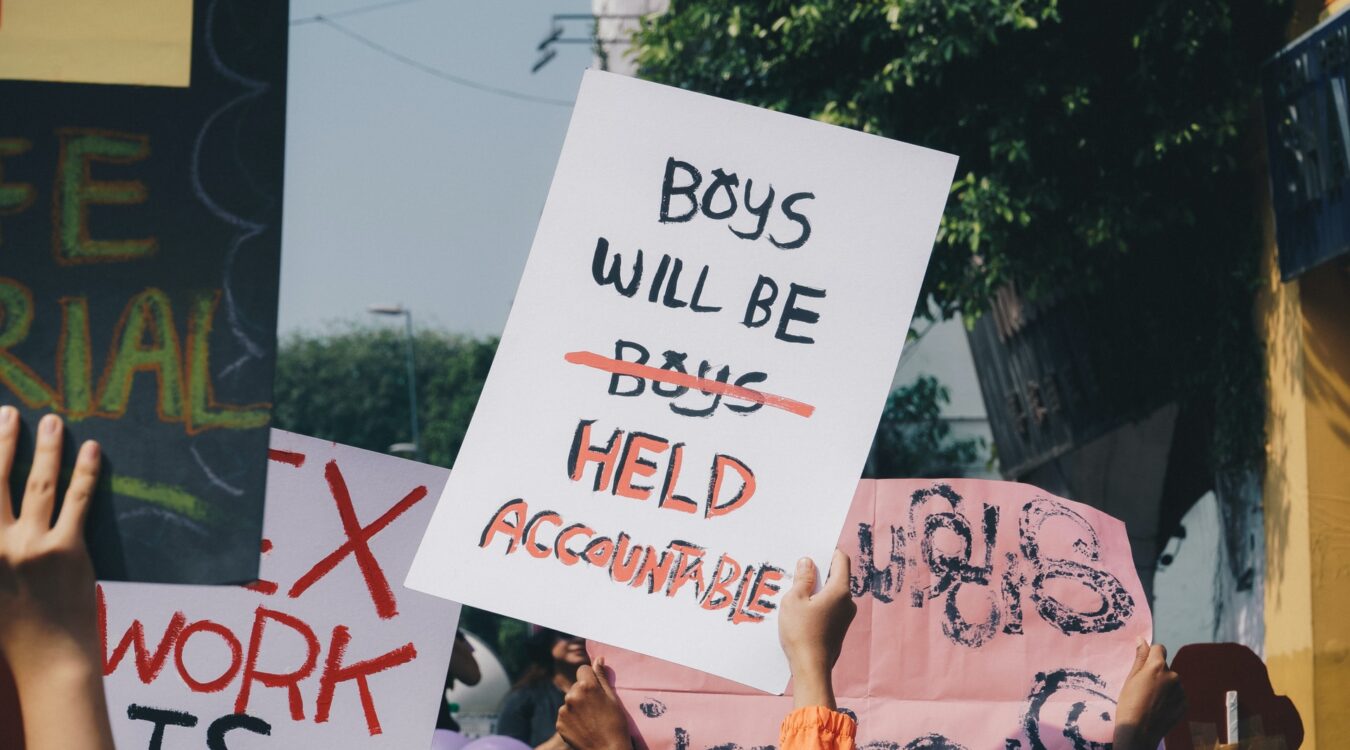
It is pertinent to reiterate here, since we tend to forget, that the crime in question is not a woman’s choice to walk out of a relationship she was uncomfortable in. The crime here is her alleged murder. Walking out of a relationship, the last time we checked, is not a crime.
A 24-year old young aspiring doctor was killed and robbed off her life ahead. In one of the reports, Rakhil’s friend Hanseeb suggests that he met Manasa after breaking up with another woman, and yet, his history of probable unhealthy aggression in relationships is not under scrutiny, her contact with him is.
No one is feels it is important to probe how he acted in previous relationships. Relationships can be complicated, we may not always receive the outcomes we expected out of them. But no matter what, none of that is justification for murder or any act of violence. Moreover, the media and civil society has to be more responsible, sensitive and less accusatory towards victims, and in this case, more cognisant of the gendered power structures within relationships.
Also read: Man Allegedly Confines Lover For A Decade: Romantic Femininity Is Void Of Agency
Featured Image Source: abc News
About the author(s)
Himalika is slowly beginning to get the hang of being an adult, despite being a bad cook. She will take most things with a sense of humour and is constantly striving to infuse feminist practices in her research.

